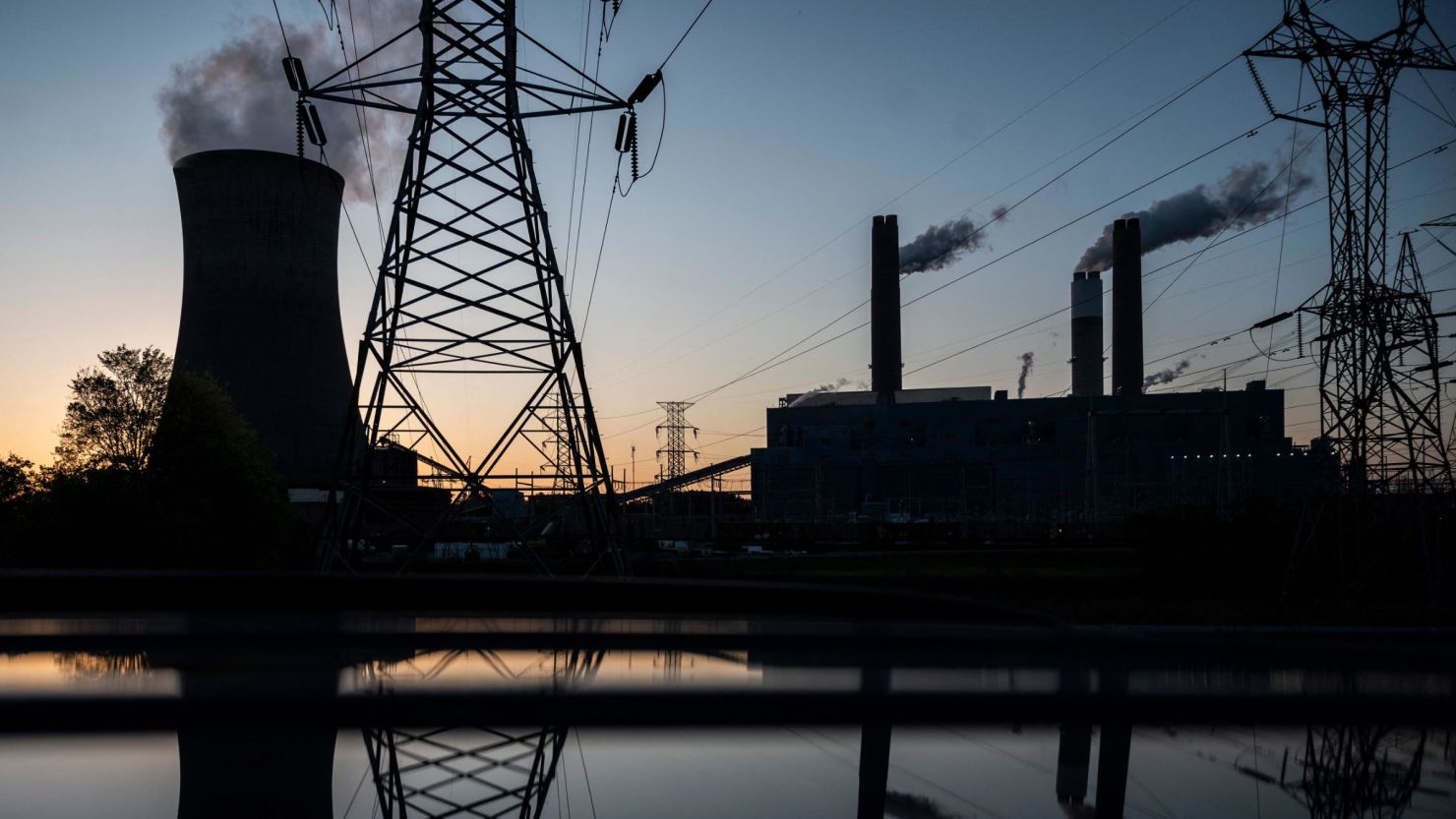The Biden administration on Wednesday announced new competitive grants totaling $4.6 billion that states, cities and tribes can apply for to reduce the planet-warming pollution that is fueling the climate crisis.
The Climate Pollution Reduction Grants program, which will be managed through the Environmental Protection Agency, is a second and larger tranche of funding in a $5 billion program that was part of the Inflation Reduction Act. The first went to help states and cities develop climate action plans. Some states, including Georgia, used those funds to develop their first-ever climate plan.
In the initiative announced Wednesday, states, cities and tribes will have a lot of flexibility in how they design projects and apply for funding, though they need to demonstrate a proposed project reduces planet-warming pollution and boosts job creation and health benefits to low-income and disadvantaged communities.
White House senior adviser John Podesta said the grants give states and cities a “unique opportunity to think big and to think creatively about how they want to act on climate.”
“The program is intentionally broad in scope to give states tribes territories and cities, the flexibility they need to design their clean energy future,” Podesta told reporters on a media call, adding applicants could put the money towards making school buildings greener, establishing new clean energy projects, or updating building energy codes.
Four states – Florida, Iowa, Kentucky and South Dakota – turned down the initial EPA planning grants for the funding, which restricts them from applying for the larger batch of money. However, EPA administrator Michael Regan said cities within those states can and have applied for the funding themselves.
“Big metropolitan areas like Fort Lauderdale and Miami – they are in the game, they are preparing to participate in this opportunity, whereas the state of Florida decided that it would not,” Regan said on the media call, adding some states that declined funding “emphasized to us” that they thought cities would be better positioned to apply to the funding.
The EPA noted in a press release it anticipates awarding anywhere from 30 to 115 grants ranging between $2 million and $500 million under the general competition, as well as approximately 25 to 100 grants ranging between $1 million and $25 million under the Tribes and territories competition.
Grants will be awarded starting fall of next year; the deadline to apply is spring 2024.
The program was announced the same day the Biden administration unveiled its plan to establish an American Climate Corps, a workforce training and service initiative aimed at preparing American youth for jobs in clean energy and climate resilience.
At the UN General Assembly on Tuesday, President Joe Biden gave a speech that emphasized his administration’s efforts on the climate crisis. While he called for more investment from the private sector, he hailed the administration’s own clean energy investments and the climate financing it has secured for developing countries.



